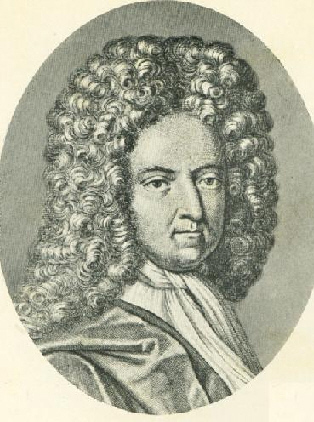
Writer, born in London, England, UK. He was educated at a dissenting academy, travelled widely in Europe, and set up in the hosiery trade. In 1688 he joined William III's army, and strenuously supported the Kings party. In 1702 his satire The Shortest Way with the Dissenters raised much anger with Dissenters and High-Churchmen alike, and he was imprisoned at Newgate for seditious libel, where he continued his pamphleteering. On his release in 1704 he started The Review, writing it single-handed, three times a week, until 1713. During this time, his political conduct became highly equivocal; he supported, rejected, then supported again the Tory minister, Harley. After the accession of George I (1714) he returned to the writing of fiction, and achieved lasting fame with Robinson Crusoe (1719-20). His other major works include A Journal of the Plague Year, Moll Flanders (both 1722) and Roxana (1724).
Also see "Defoe As A Novelist"